what is za'atar mix ?
A blend of oregano, (Origanum syriacum), sumac (Rhus coriaria), sesame seeds and a little salt. Bassatin Baanoub’s mix contains one herb, oregano, and not thyme (confusingly also called za’atar in Arabic). Since it’s been part of the eastern Mediterranean diet for thousands of years, each region, and indeed family, will have their own recipe. In August, when oregano and sumac are harvested, families gather their own oregano, dry it and store this precious health giving ingredient for the winter.
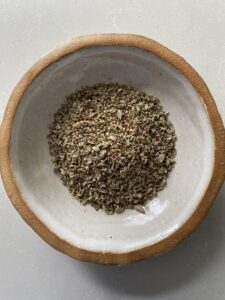
Origanum syriacum
Native to Lebanon, Origanum syriacum grows wild throughout the country. During the summer, Yasmina and her small team hand pick the white flowering tips. They leave them to dry before picking off the end part, which is then crushed and added to the mixture. In the picture, you can see the dried oregano flower on the left, and thyme on the right. As a protected plant, Yasmina needs to obtain a licence from the government to be able to sell and export the za’atar mix from Lebanon.
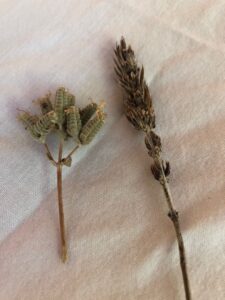
The owners of Bassatin Baanoub, Yasmina and Jean-Pierre, are careful to leave enough of the flowers on the plants, so the bees can collect the pollen for honey.
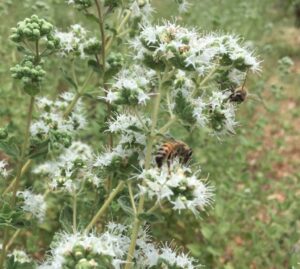
Rhus coriaria
Sumac, otherwise known as Rhus coriaria, is a key ingredient in Lebanese kitchens. It’s much loved in Turkey and Iran too for its zesty sourness. In the za’atar mix, sumac adds lemony notes, helping to balance out the strength of the aromatic oregano. Famous also for its deep red colour, which comes once it has been completely dried in the sun, this is such a quintessentially Lebanese spice.
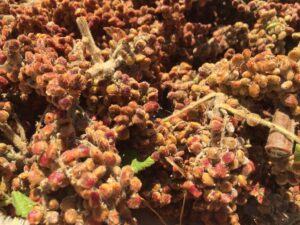
health benefits
Today research shows that all the individual ingredients in za’atar mix have benefits for our health. It is their combined anti-oxidant, anti-inflammatory, anti-bacterial and anti-microbial properties which are of interest to us as a source of “healthy” food. As an iconic food staple in Lebanon, it belongs to an ancient culinary heritage which embodies Hipprocrates’ saying: “Let food be your medicine and let medicine be your food“.
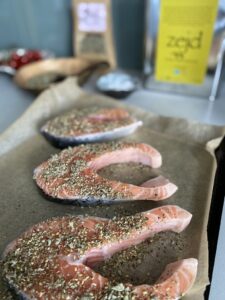
how is it used in Lebanon?
It’s hard to ignore the smell as you walk past a bakery in Lebanon. Intensively aromatic, the mixture is blended with olive oil and spread on dough to be baked in an oven for a few minutes. Mana’eesh were once a daily staple in Lebanon, eaten for breakfast or a mid carbohydrate boost. Since the economic crash, many families treat themselves once a month. Some will bring their own oil and za’atar mix, so that they only have to pay for the dough.
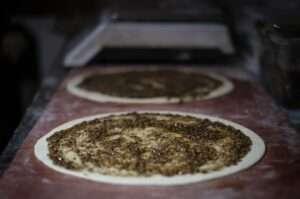
photo by Joao Sousa L’Orient Le Jour
put some flavour on the table!
A small bowl of za’atar mix blended with some extra virgin olive oil, good bread, labneh, cucumber & tomatoes and some mint leaves, a bowl of olives make a wonderful savoury breakfast in the summer. A lovely way to start the day with friends over the weekend.
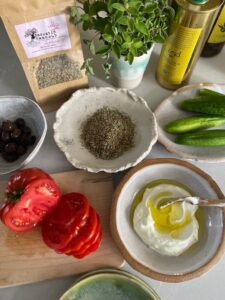
Za’atar mix can also be used as a seasoning, a wonderful way of bringing the aroma of the Lebanese mountain into your kitchen. Rub over chicken, scatter into a chickpea and pasta dish or roll a savoury cheesy biscuit in it. We hope that the delicious fragrance in your kitchen inspires you to create new dishes.
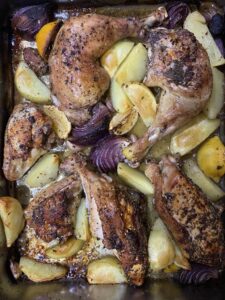
genius danish
Couldn’t be more chuffed with the clever use of Bassatin Baanoub‘s za’atar mix in Hart’s bakery‘s genius danish. The spinach and feta mixture in slightly sweetened dough, has a dusting of za’atar mix on top to give the taste buds another layer of flavour. So if you ever come to Bristol by train, dive down to the arches below Temple Meads station, where you’ll find Hart’s. If you’re lucky enough to be there on a day when the divine danish is on the counter, you won’t be disappointed.
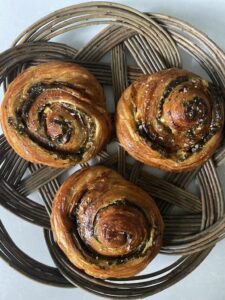
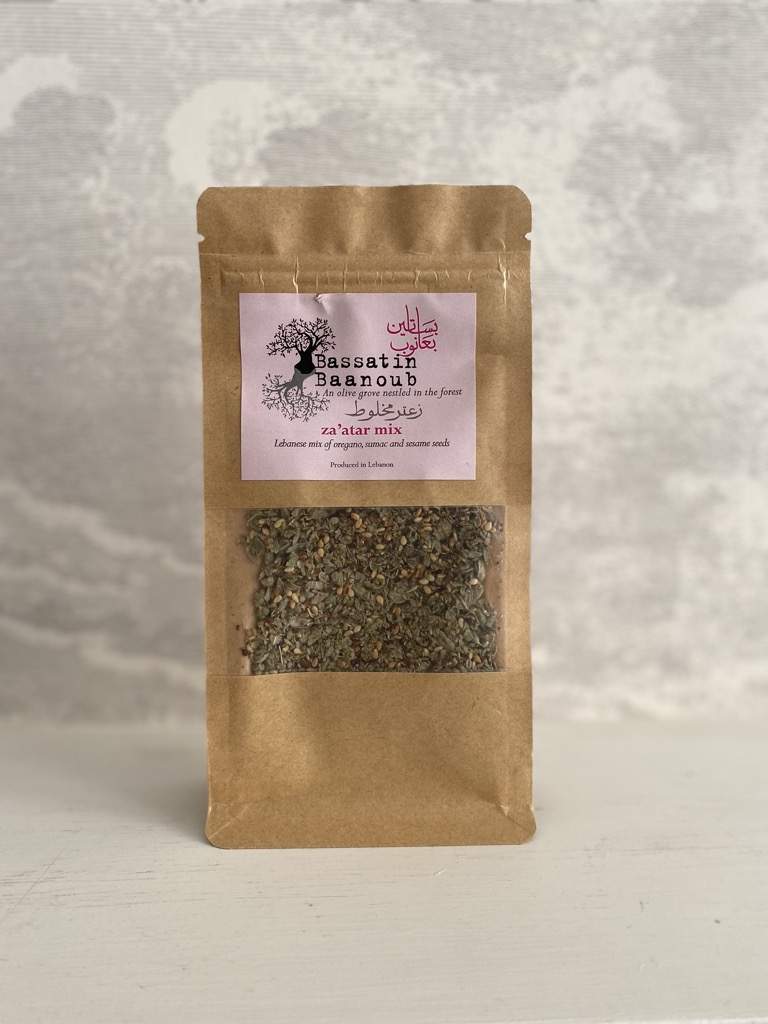
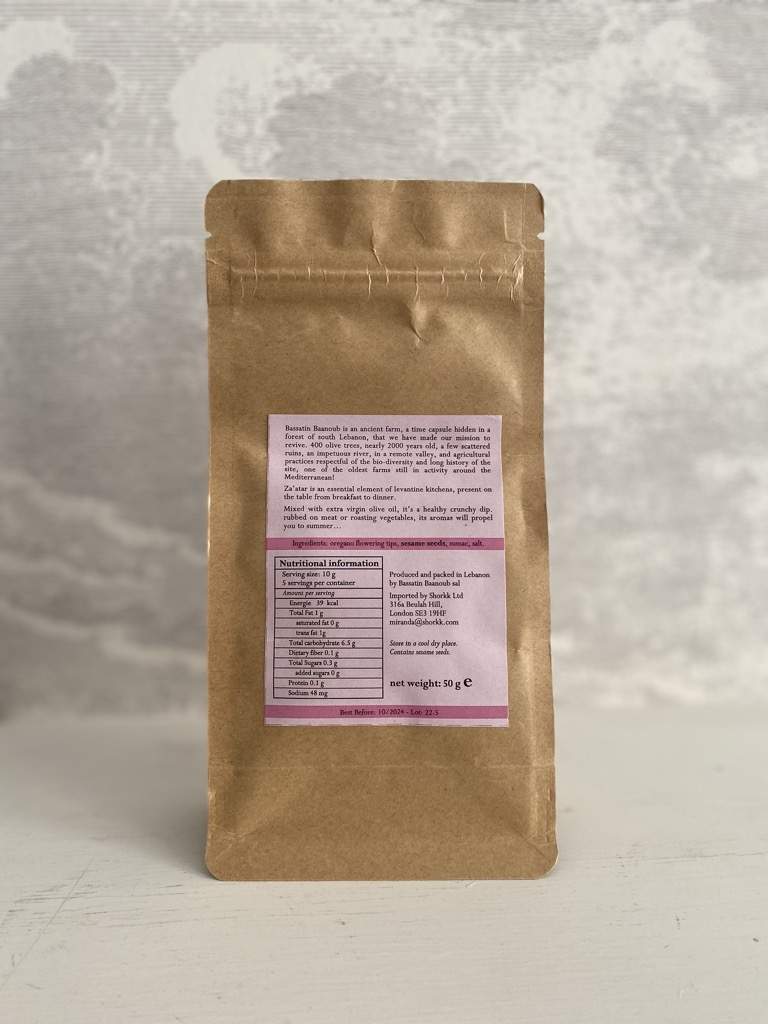
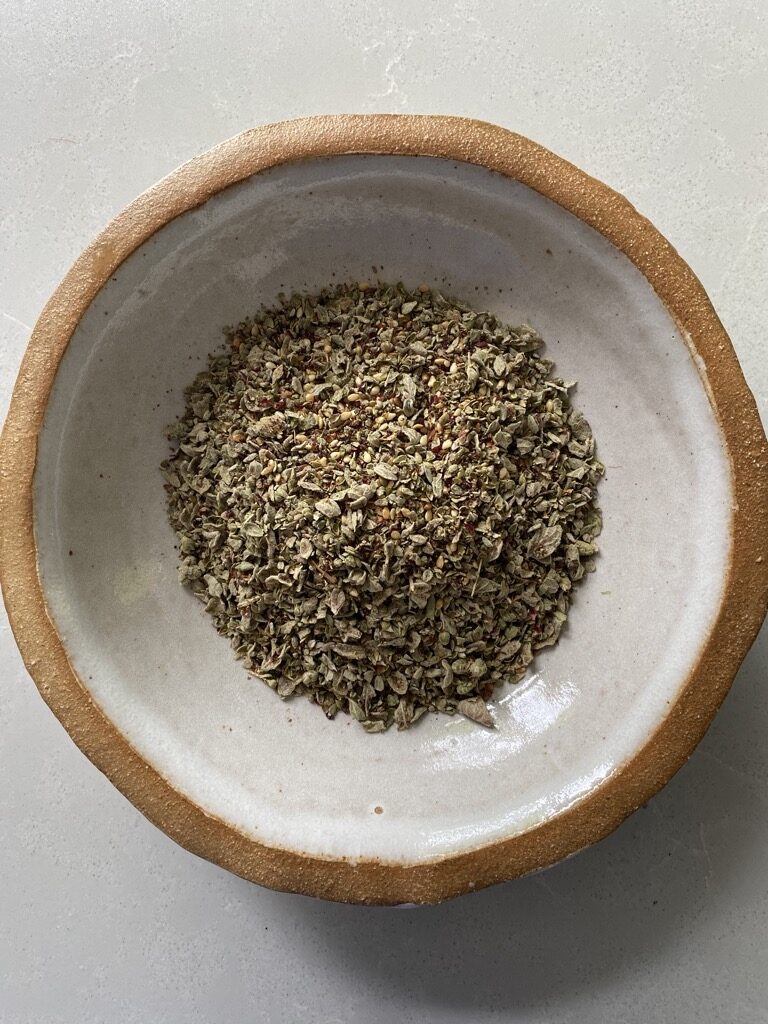
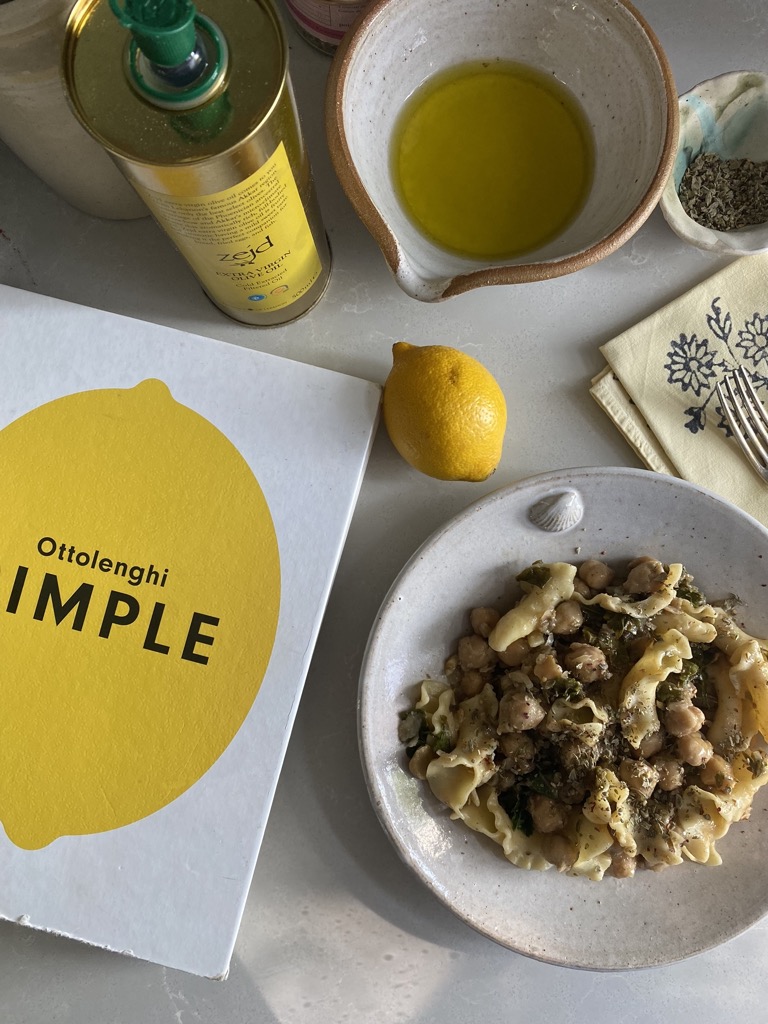

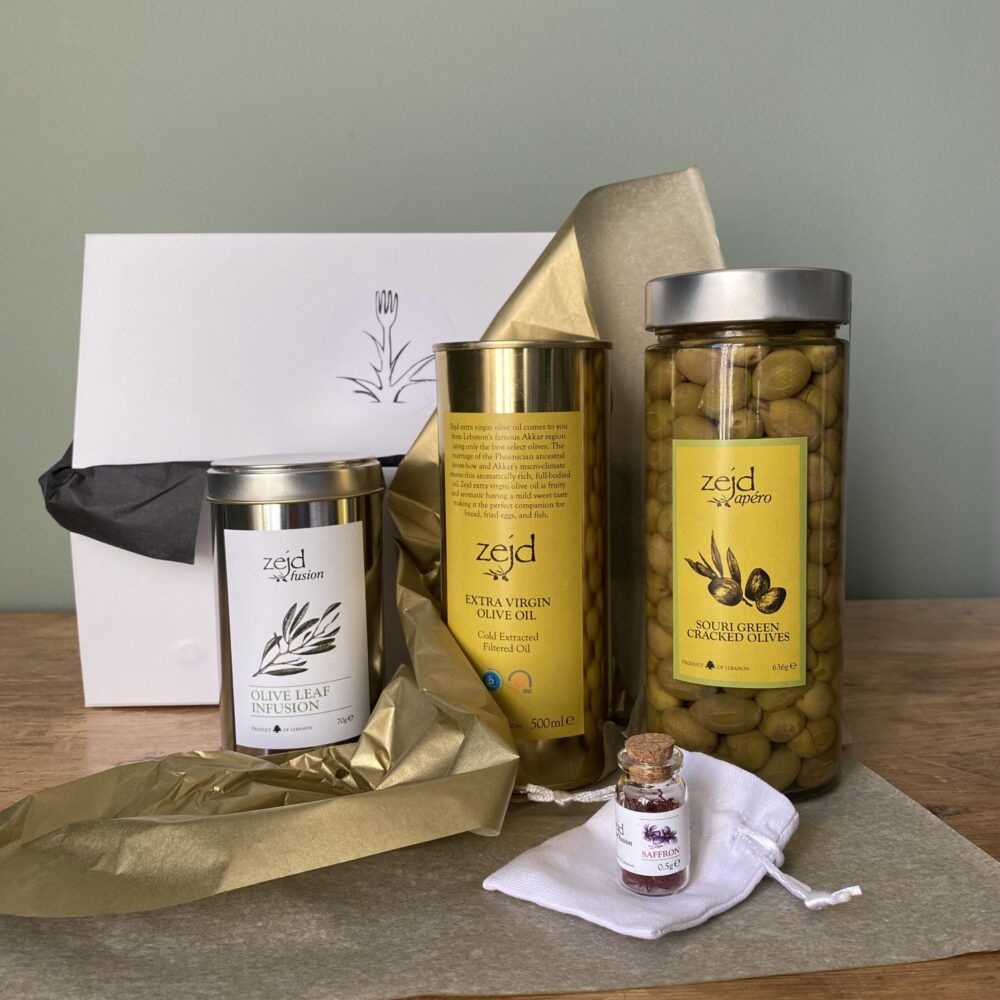
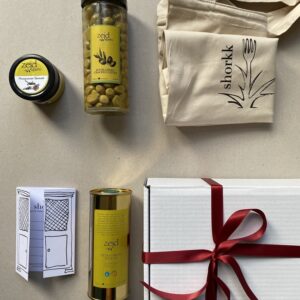
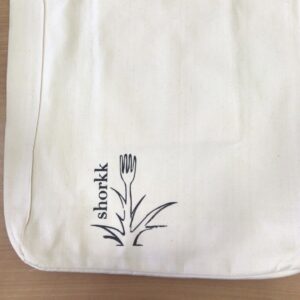
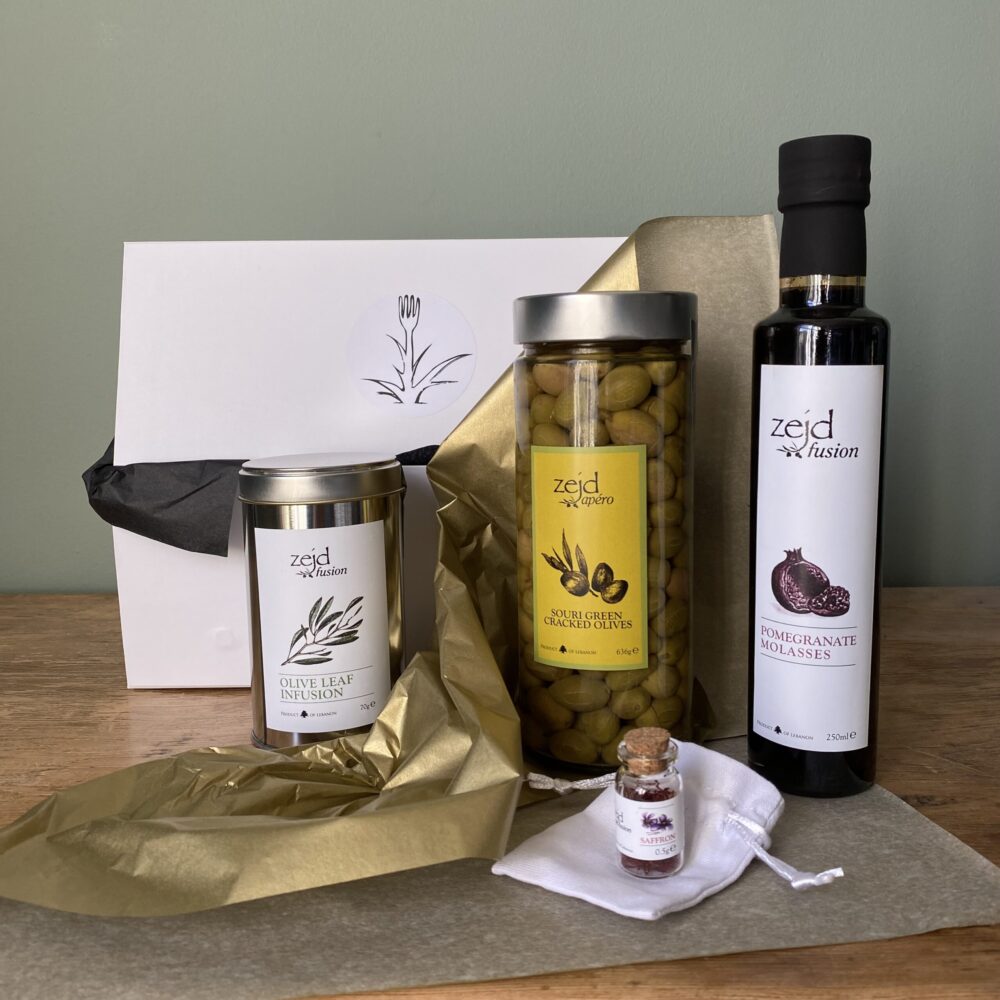
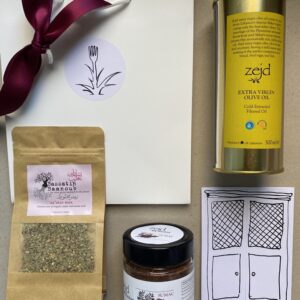
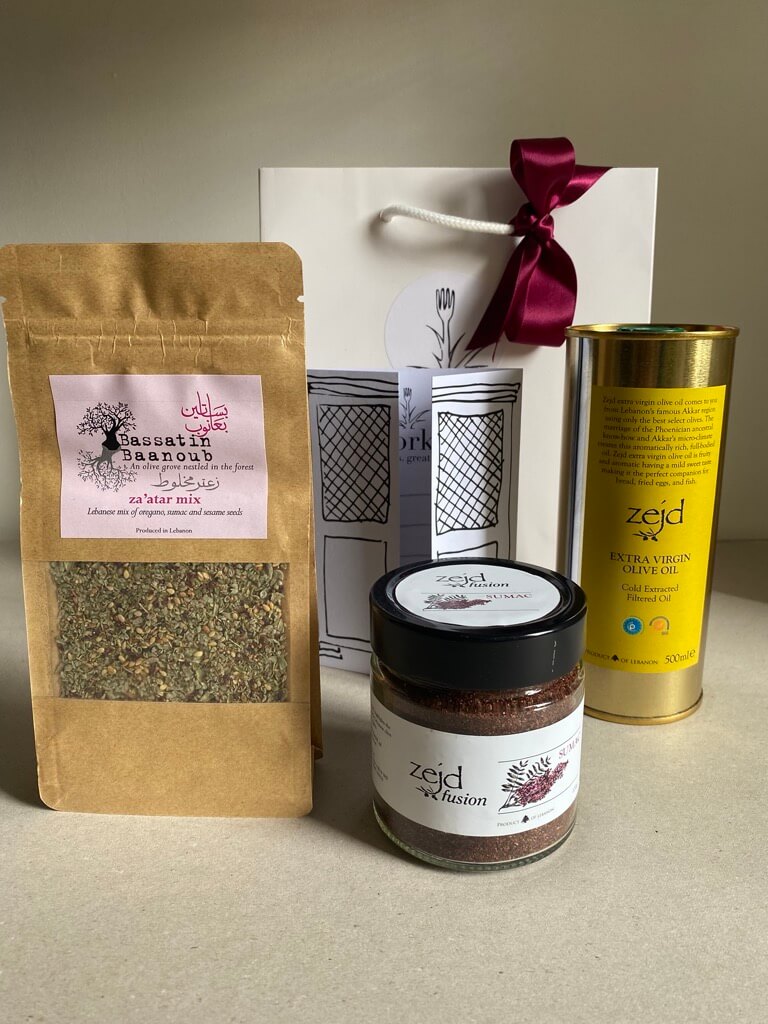
Mabelle Abi Ramia (verified owner) –
This is the BEST zaatar mix I have tried. As a Lebanese, I am quite picky about my zaatar. This mix is full of flavors and aromas that take me straight back to Lebanon; you can tell the quality is superb. The fact that they leave the oregano leaves whole instead of finely grinding them makes the flavor more full-bodied and enjoyable. It’s a MUST-try.
miranda –
Thank you! It’s a tiny detail, perhaps, but Bassatin Baanoub have kept the oregano leaves less finely ground to maintain the full flavour, and it makes all the difference.